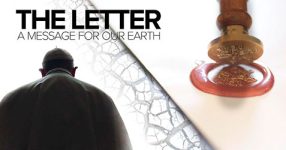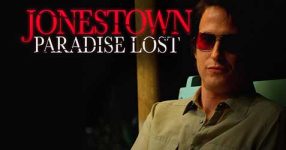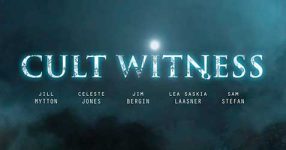“Apocalypse: Should we start to panic?” is a documentary that delves into humanity’s enduring fascination with predicting the end of the world. For centuries, people have been trying to predict the apocalypse. February 1st, 1524, May 19th, 1910, and December 21st, 2012, were all dates penciled in for doomsday. Either we keep getting extremely lucky or Nostradamus, the Jehovah’s Witnesses and thousands of doomsday-cult disciples keep getting it wrong. But what if they simply missed the target? If they were all on the right track but just miscalculated?
The end of the world is history’s longest cliff-hanger. It’s been predicted at least 200 times over the last 2,000 years. That’s an average of one doomsday prediction every 10 years. It’s true. Numerous apocalypses have been announced and failed to show.
Theological and Scientific Perspectives on Apocalypse
The belief in the end of the world is tenacious, especially in Christian parts, connected to the Book of Revelation. But predictions weren’t limited to religious figures; even scientists like Isaac Newton tried their hand at it. However, the probability of an asteroid causing a large-scale catastrophe is about 0.1% per year, making the danger more real now than before.
Moreover, historical collapses have been local, but with today’s globally interconnected civilization, the threat looms larger. Fear of nuclear war or climate catastrophe is rising, and people react in various ways, from doomsday prepping to advocating for systemic change.
Understanding Civilization Collapse
Models like the HANDY model attempt to predict societal collapse based on variables like nature, population, elite wealth, and commoners’ prosperity. These simulations help understand the complex dynamics leading to collapse but don’t offer precise predictions. Societies tend to increase in complexity, leading to administrative inefficiencies and declines in added value.
Historically, civilizations like the Roman Empire or the Rapa Nui collapsed due to various factors, including ecological mishandling. The ecocide theory, while compelling, may not always be historically accurate, as seen in the case of Rapa Nui, where external factors like European colonization played significant roles.
Societal Narratives and Doomsday Theories
Throughout history, each era produced its doomsday theories, often reflecting contemporary concerns and fears. Narratives like the decadence theory or biologistic decline theories shaped societal perceptions of collapse. Today, the climate crisis dominates discussions, dividing societies into believers and deniers.
Psychological biases like the just-world bias make it challenging for some to accept man-made climate change, leading to defensive reactions. However, uncertainty over the timing of the apocalypse shouldn’t paralyze action. Humanity has the choice to address its greatest threat: itself.
“Apocalypse: Should we start to panic?” offers a thought-provoking exploration of humanity’s enduring fascination with the end times and raises critical questions about our future.












